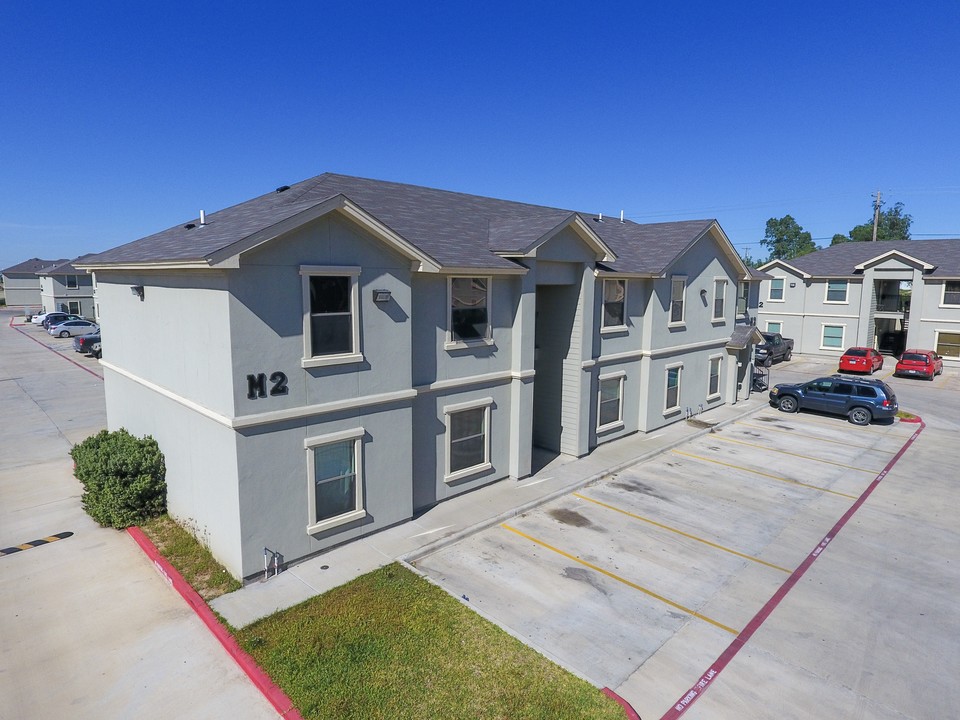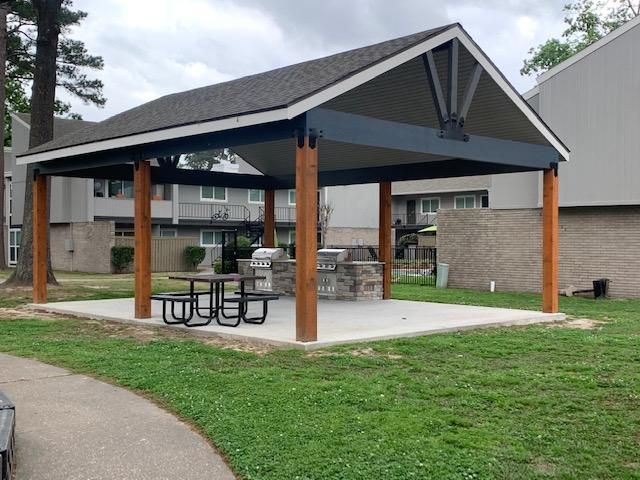Ever wondered how apartment complexes stay humming, tenants are cared for, and property values remain strong? The answer lies in the often unseen, but crucial world of real estate management.
Imagine a symphony orchestra – each section plays its part, from the violins to the percussion, to create a harmonious performance. Similarly, real estate management orchestrates the various aspects of a property, ensuring its smooth operation and the well-being of all involved.

So, what exactly does “managing” a property entail? Think of it as a multi-faceted responsibility:
- Finding the right tenants: Real estate managers screen potential residents, ensuring compatibility with the community and responsible lease agreements.
- Keeping them happy: Rent collection, addressing maintenance concerns promptly, and fostering a sense of community through events and initiatives are key aspects of resident satisfaction.
- Maintaining the property: From fixing leaky faucets to ensuring compliance with regulations, managers keep the property in tip-top shape.
- Financial wizardry: Budgeting, handling bills, and ensuring financial transparency are crucial aspects of responsible management.
- Legal eagles: Navigating the complex web of rental laws and regulations is another piece of the puzzle.
Why is Real Estate Management Important?
For property owners, professional management translates to peace of mind and maximized returns. They are freed from the daily grind of tenant issues and maintenance headaches, allowing them to focus on other endeavors.

For tenants, it signifies a responsive and reliable environment. Efficient maintenance, readily available support, and a community approach enhance their living experience. Additionally, professional management often results in well-maintained properties with higher resale values, benefiting residents who might eventually become homeowners.
Why is Real Estate Management Important?
While the core responsibilities remain the same, forward-thinking real estate management companies like Corinthian Asset Management go beyond just ticking the boxes. They focus on building thriving communities where residents feel valued, connected, and empowered. Initiatives like resident events, sustainability practices, and community engagement programs foster a positive environment that benefits everyone.
In conclusion, real estate management is the backbone of a successful rental experience for both tenants and owners. It ensures smooth operations, maximizes property value, and fosters a sense of community. With the right management team at the helm, everyone involved can find harmony and create a positive impact on the surrounding neighborhood.




